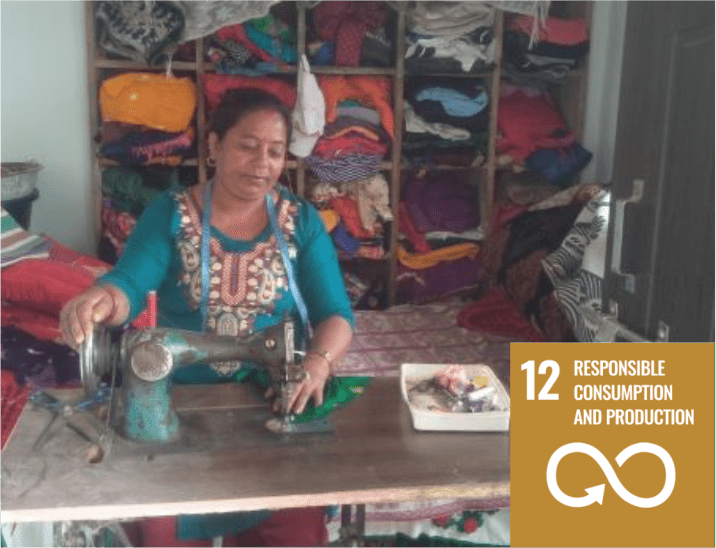SDG Goal 12 – Responsible Consumption and Production

SDG 12 is a cross-cutting goal with a central role to promote resource-efficient and a low carbon path. Achieving Goal 12 and Agenda 2030 will support climate-neutral, circular and inclusive growth. Unsustainable consumption patterns, particularly in industrialized countries have serious adverse impacts on the environment, both local and global and have prompted governments to cite the ‘polluter pays’ principle.
Drawing from the global debate between the developed and developing countries over their share in carbon emissions, it can be argued that the dominant communities contribute heavily to the environmental degradation. In contrast, the marginalised ones are affected severely by that degradation.
A life on the margins also means being deprived of basic necessities. Such as nutrition. Dalits in India, Pakistan, Nepal, Bangladesh and Sri Lanka are a living evidence of their marginalisation in the consumption patterns. Government policies swing on providing basic calories through public distribution systems. CDWDs find it difficult access other important nutrients, especially because they do not have access to land. The provision of calories ensures that they merely subsist.
56 per cent of Indian Dalit women are anaemic and die 15 years younger than the dominant-caste women, a UN study says.
On the other end, waste and hazard handling work at municipal landfills is almost exclusively done by CDWS. Technologies to replace human hands in waste management along with education of waste producers has not been sensitive of the needs of these communities.

